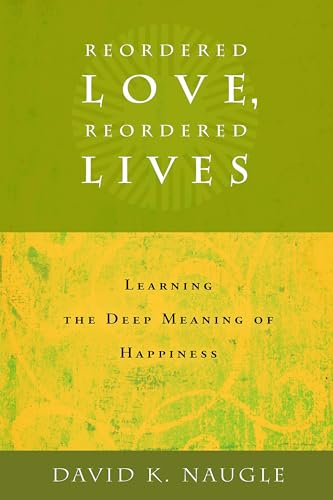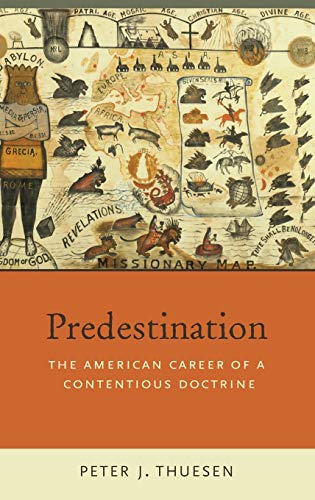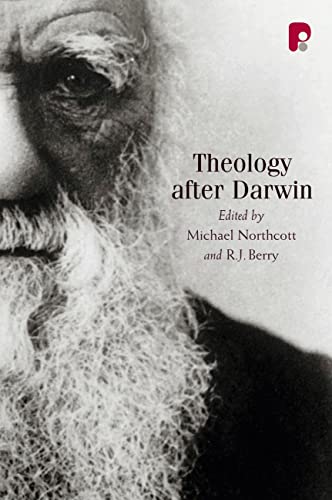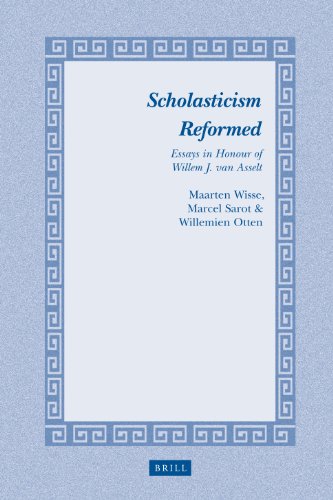Entrusted with the Gospel: Paul’s Theology in the Pastoral Epistles
Written by Andreas J. Köstenberger and Terry L. Wilder, eds. Reviewed By Malcolm J. GillStudy of the Pastoral Epistles has, in recent times, undergone something of a renaissance. Questions, predominantly over authorship, that have historically stymied the study of 1 and 2 Timothy and Titus have quietly faded into the background with a burgeoning field of commentaries, monographs, and journal articles appearing. Though there is still little consensus as to the provenance, authenticity, and audience of these letters, biblical scholarship has taken a renewed interest in the content and theology of the Pastoral Epistles. In spite of the rise in research surrounding the Pastorals, however, Andreas Köstenberger and Terry Wilder feel that the evangelical voice has generally been ignored and that critical scholars “have largely neglected evangelical scholarship on these letters” (p. vii). In order to fill this perceived gap, these authors edited Entrusted with the Gospel: Paul’s Theology in the Pastoral Epistles.
The book compiles studies ranging from the theological contribution of the Pastorals to issues of pseudonymity, structural coherence, and mission. The style and approach to each chapter varies, as does the quality of the research. As one would expect, the divergent topics covered by multiple authors gives the feeling that the book is somewhat disjointed. In spite of this, however, there is a consistency to the book as it is readily apparent that each author has a firm commitment to interact with the texts of 1 and 2 Timothy and Titus. This commitment to take seriously the text is a breath of fresh air in comparison with writings of the past that have often dismissed the works on the assumption that they are inauthentic and unreliable.
While there are several things that are helpful about this work, two are worth commenting on. First, there is generally a consistent and well-rounded pattern of exegetical and theological reflection in each of the chapters. The authors assume the authenticity of the letters and spend a great deal of time interacting with the passages themselves. After wrestling with select exegetical issues, the authors then seek to persuade the reader as to the theological issue they are trying to advance. Though one won’t always agree with the authors’ theological conclusions, their approach is relatively straightforward. Most chapters argue concisely and explain the significance of their particular issues to biblical studies of the Pastorals.
Second, while there is nothing groundbreaking in the book, several articles freshly reflect on debated issues. Terry Wilder’s chapter on “Pseudonymity, the New Testament, and the Pastoral Epistles” helpfully overviews the current debate regarding authorship and the NT. He not only surveys contemporary approaches; he also insightfully criticizes these views before putting forward his own view. Chiao Ek Ho’s chapter on “Mission in the Pastoral Epistles” is also stimulating in that he examines a lesser-known motif found in these letters. Finally, I. Howard Marshall’s article, “The Pastoral Epistles in Recent Study,” is perhaps the most helpful in the book. Marshall provides an excellent snapshot of the current state of play regarding research in 1 and 2 Timothy and Titus. He helpfully outlines the significant works and perspectives of contemporary scholarship regarding the Pastorals, critically reflects on the value of such contemporary works, and provides a helpful bibliography related to recent research on the Pastorals.
A few things could strengthen this book. First, several of the chapters cover the issues of authorship, wrestling with the traditional problems of vocabulary, pseudonymity, and style. Köstenberger’s opening chapter, “Hermeneutical and Exegetical Challenges in Interpreting the Pastoral Epistles,” helpfully surveys these major issues, and one feels that this chapter would have been sufficient in addressing the issue of the books’ authenticity. Reintroducing and defending the issue of Pauline authorship in multiple chapters feels redundant and unnecessary. Perhaps in the editing process some of this repetition could have been minimized.
Second, a few of the chapters seem to cover complicated issues with little room available for serious validation. Ray Van Neste’s “Cohesion and Structure,” for example, argues for the cohesion of the book by analyzing transitional devices looking at things like “hook words” and thematic commonality. In one case Van Neste argues for the thematic cohesion of a passage based on the placement of “two second-person verbs” (p. 103). His argumentation, while possible, does little to convince the reader of its probability because of its lack of well-qualified validation. Due to the conciseness of the chapters, arguments like Van Neste’s cannot be fully developed, and as a result some arguments, which may be legitimate, are not persuasive, as they require the reader to make some significant exegetical and theological leaps. One wonders whether topics like Van Neste’s could have been further narrowed to allow for better argumentation.
Finally, following the lead of scholars such as L. Oberlinner, P. Trebilco, and D. G. Horrell, interaction with the influence of hellenization and its relationship to the cultural milieu of the intended audience of the Pastoral Epistles would have strengthened the work. While not wanting to be derailed by the somewhat troublesome issue of audience, the book does not do enough to recognize the Hellenistic culture surrounding the assumed audience and its significance to interpreting the text.
Although the book perhaps tries to accomplish too much, the positive approach to the Pastorals found in this work make it a worthwhile venture. As stated earlier, the purpose of Entrusted with the Gospel is to contribute to the contemporary research of the Pastoral Epistles from an evangelical perspective. This book achieves that goal and as such hopefully opens up doors for future evangelical contributions.
Malcolm J. Gill
Malcolm J. Gill
Sydney Missionary and Bible College
Croydon, NSW, Australia
Other Articles in this Issue
Most of us, I suspect, develop fairly standard ways, one might even say repetitive ways, to appeal to the motivations of our hearers when we preach the gospel...
How to Write—and How Not to Write—A Review: An Appreciative Response to Reviews of Ancient Near Eastern Themes in Biblical Theology by Dempster and Edgar
by Jeffrey J. NiehausI want to thank Themelios for the unusual opportunity to interact with two reviewers of my book Ancient Near Eastern Themes in Biblical Theology...
Parallels, Real or Imagined? A Review Article of Jeffrey J. Niehaus, Ancient Near Eastern Themes in Biblical Theology
by William EdgarWhen I came to Westminster Theological Seminary in Philadelphia as a young student in the 1960s, two things struck me...
Why Evangelicals Should Ignore Brian McLaren: How the New Testament Requires Evangelicals to Render a Judgment on the Moral Status of Homosexuality
by Denny BurkIn 2006 on Christianity Today’s leadership blog, Pastor Brian McLaren urged evangelical leaders to find a “Pastoral Response” to their parishioners on the issue of homosexuality...
A Member of the Family or a Stranger? A Review Article of Jeffrey J. Niehaus, Ancient Near Eastern
by Stephen DempsterWe cannot overstate how important knowing the context is for understanding the significance of any communication, whether that is a simple word, sentence, paragraph, larger text, sign, photograph, or cultural cue...







